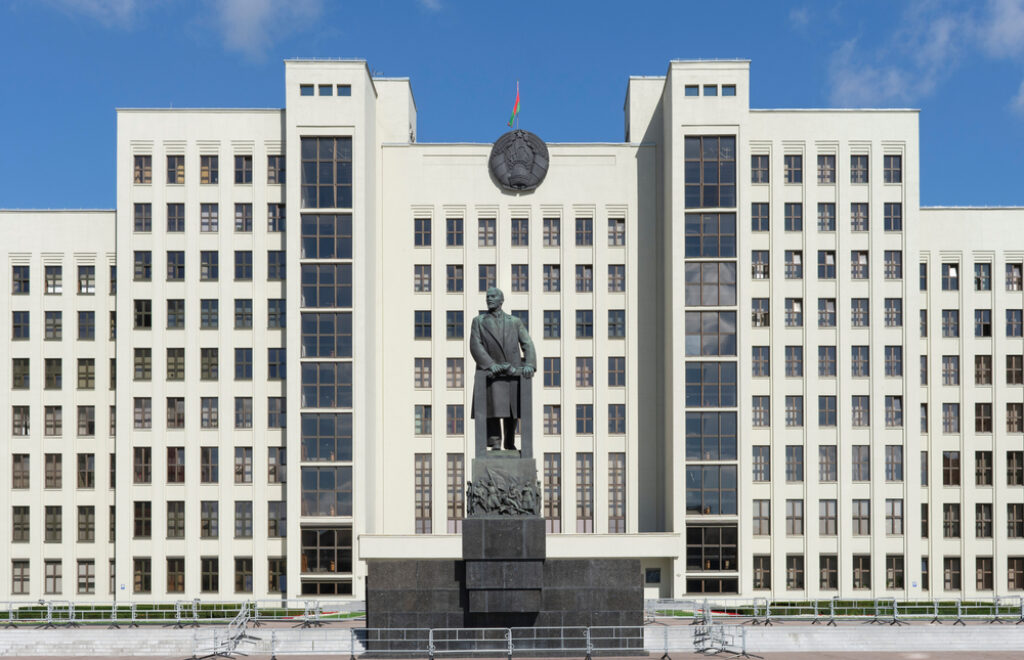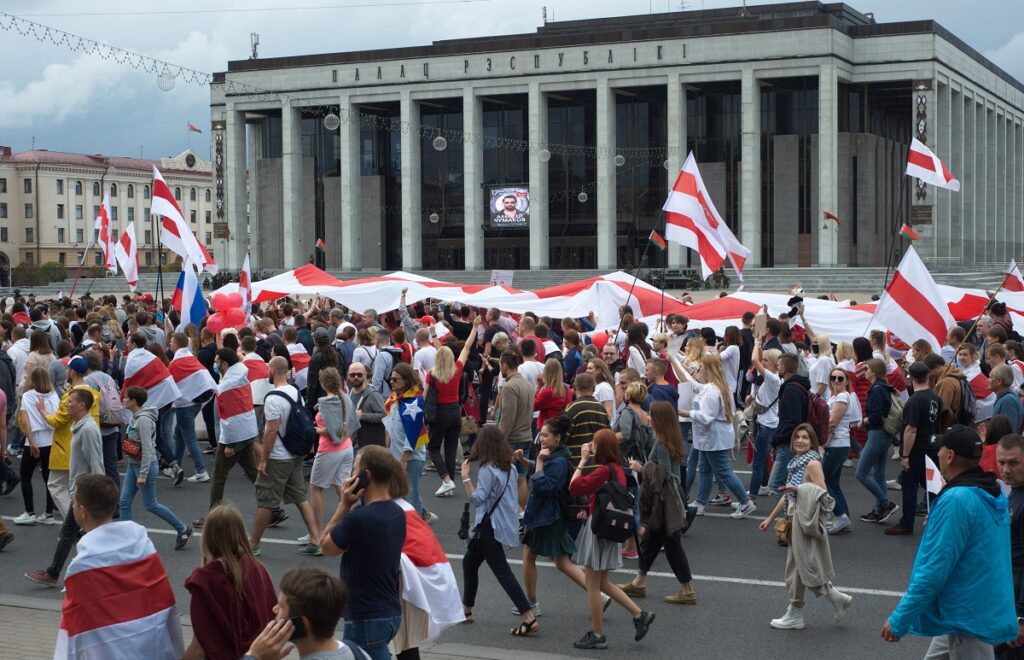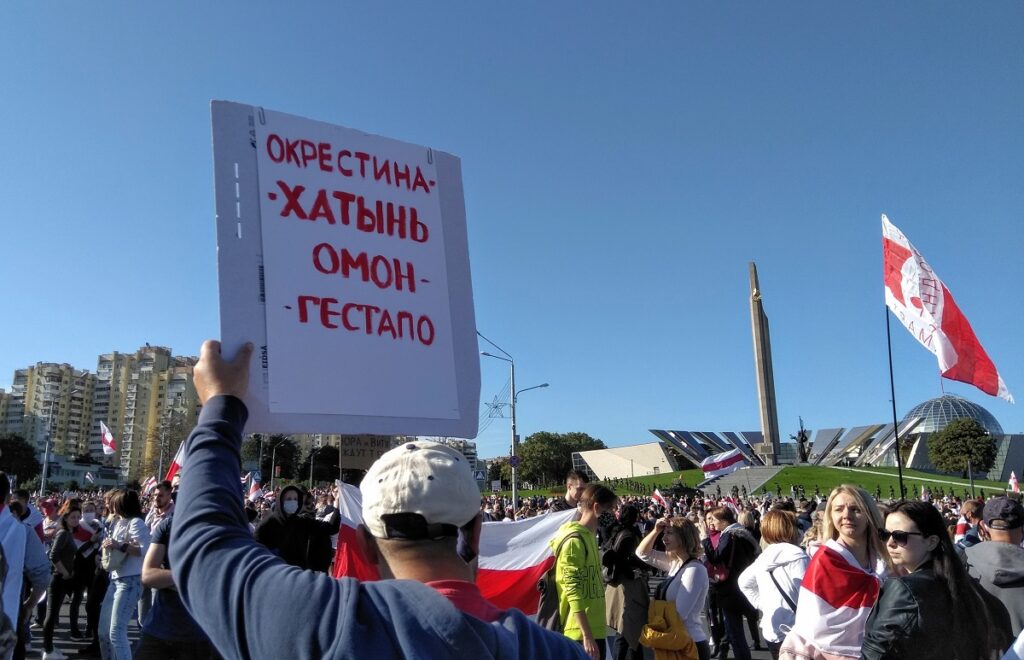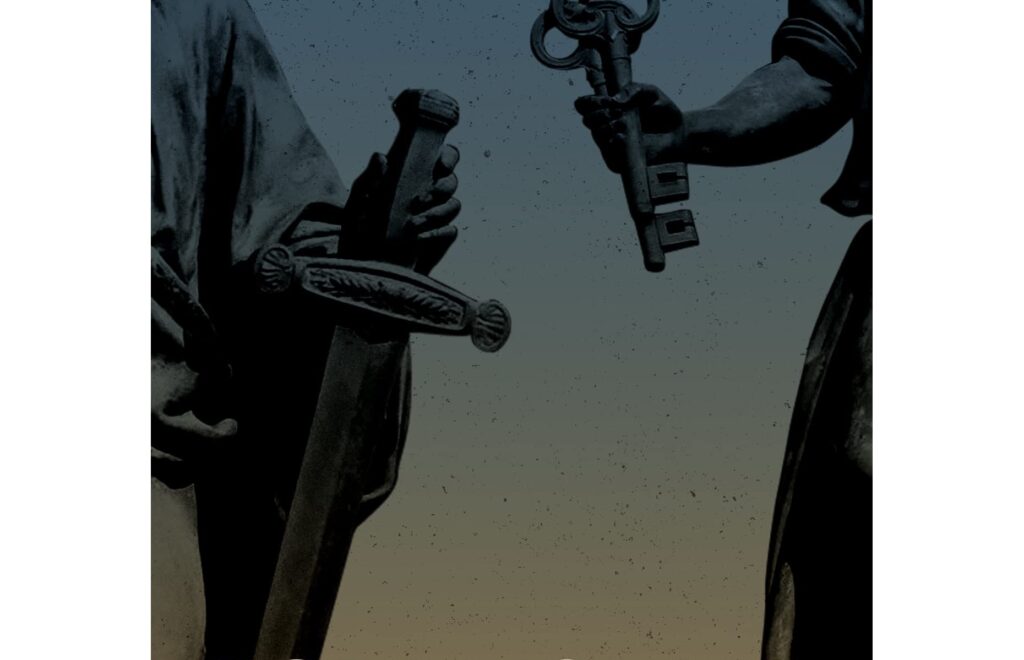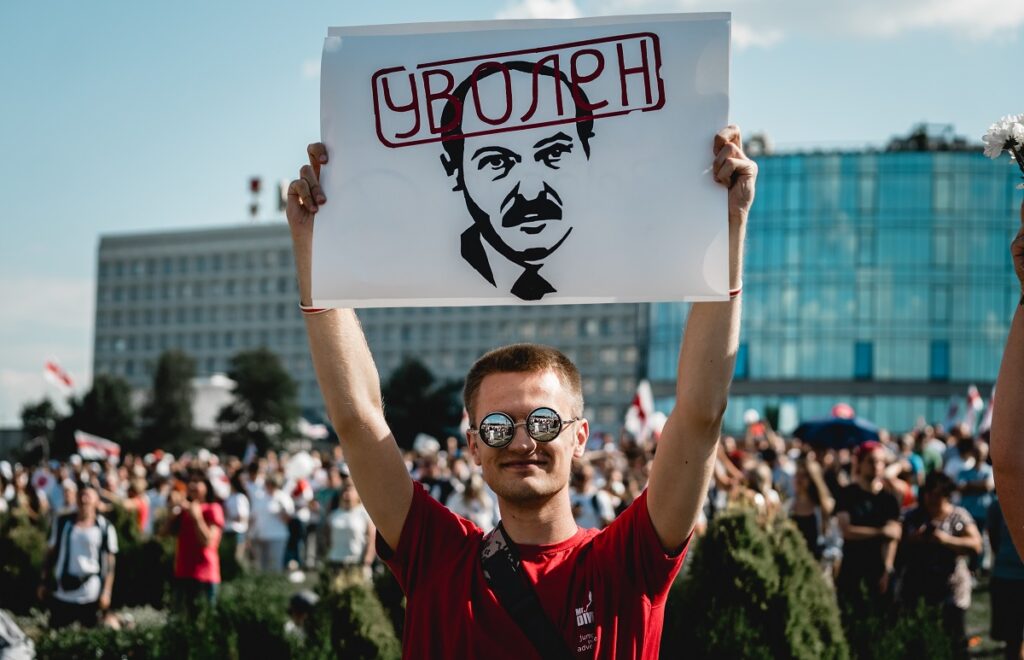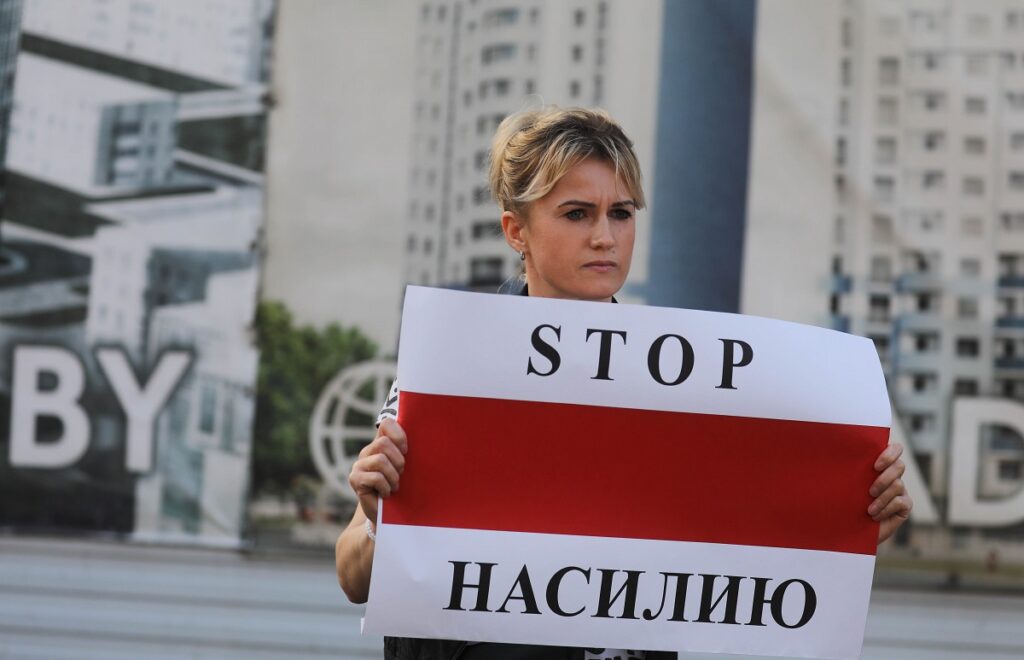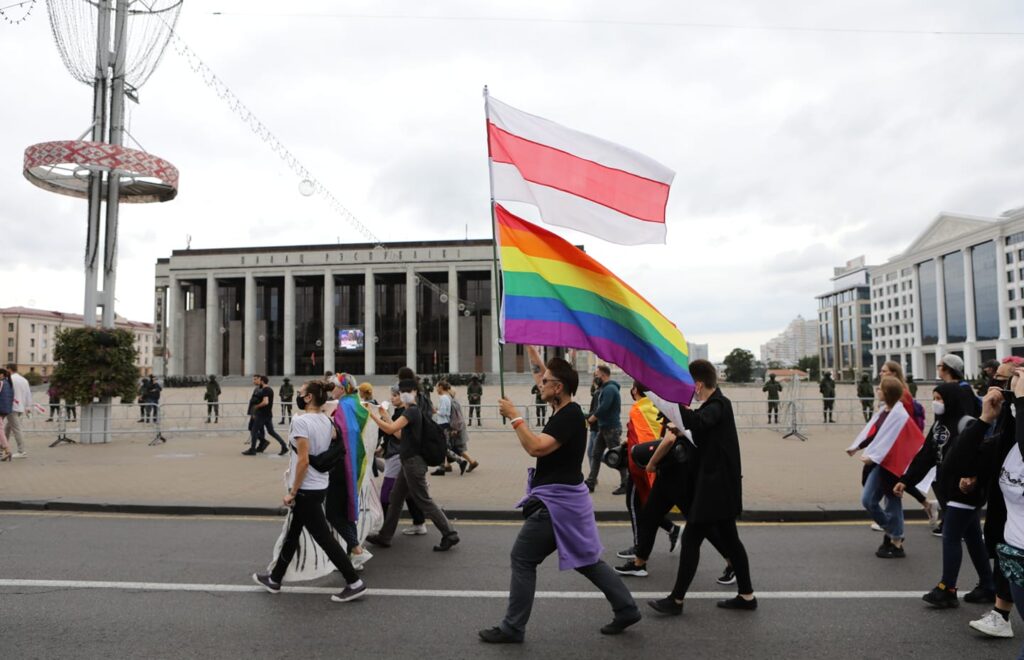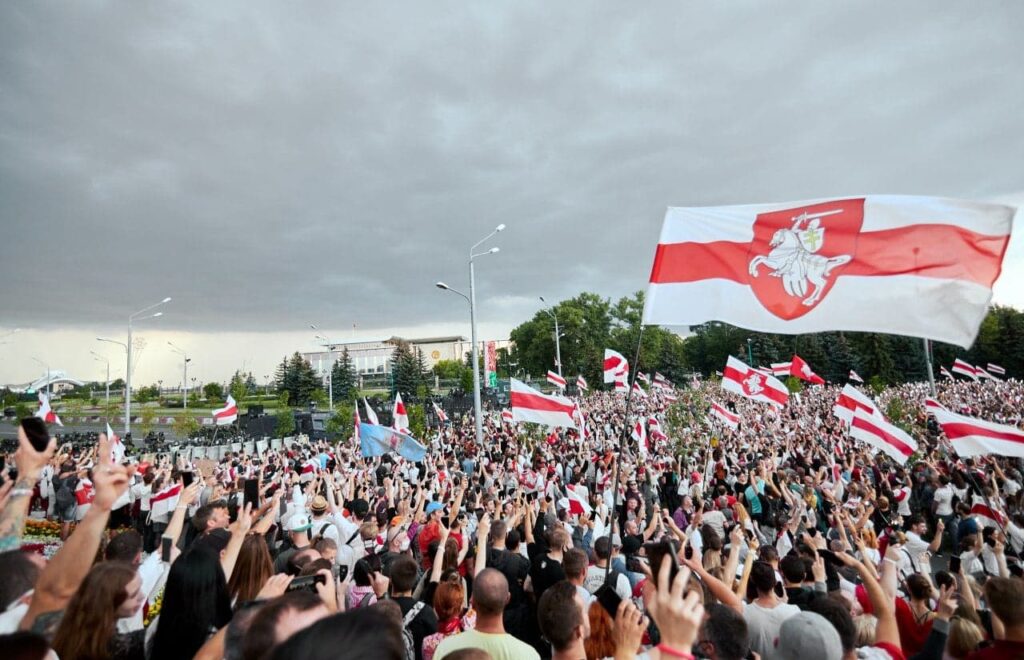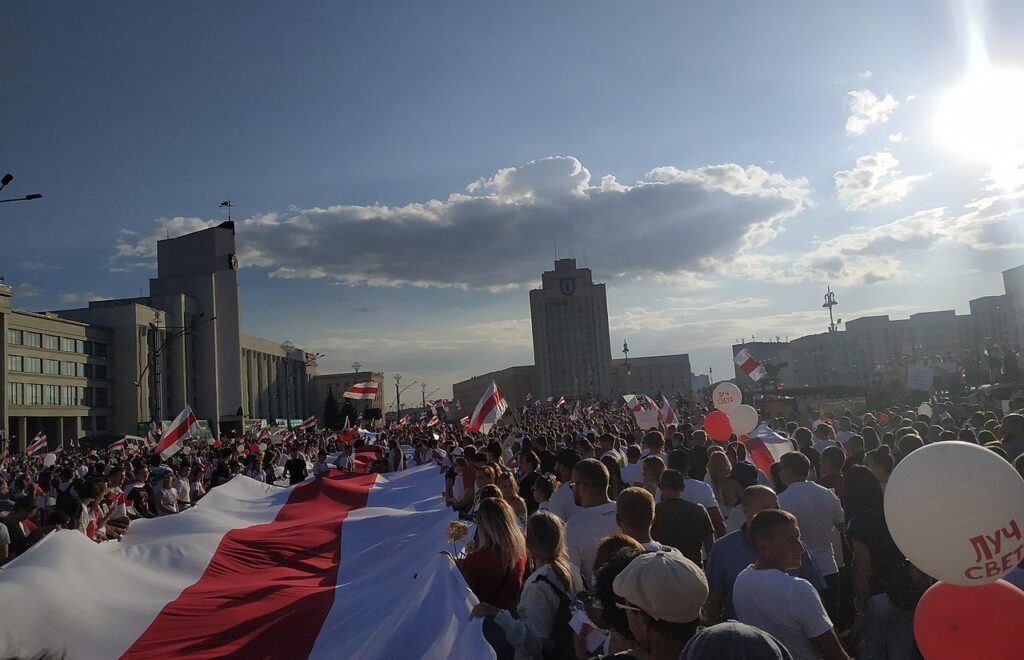The new dualism of Belarusian politics
More than three years after the events which initiated a new dynamic in Belarusian political history and significantly impacted changes within the system, the first electoral campaign awaits us in February of this year. While rightfully labelled “elections without choice” by many researchers, it does not mean that they will be devoid of significance. In attempting to analyse and study the Belarusian case, we must agree that the term “Belarusian politics” itself has become dualistic. When discussing it, we often refer to two clearly different dimensions, or at the very least, two different levels.
February 7, 2024 - Maxim Rust


